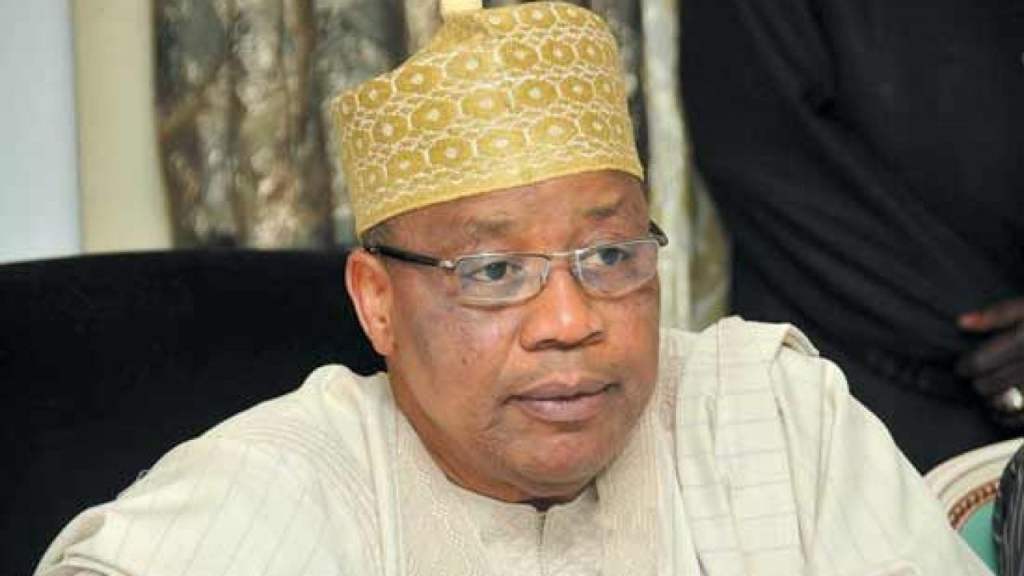Former Military President, General Ibrahim Badamasi Babangida, refutes the idea that Nigerians would embrace a one-party state, highlighting concerns about potential dictatorship.
In a recent interview on Channels TV’s Inside Sources, Babangida, who led the nation from 1985 to 1993, emphasized the inherent risks of a one-party system in a civil society.
Babangida, drawing on his military experience, stated, “I have been in a military regime, and the Nigerians I know won’t allow a one-party state. I have been a military man, and I know dictatorship is not good and can’t be good in a civil society. Nigerians who I know won’t allow a one-party system and will talk you out of it until you get tired.”
Read also: Dangote Refinery: Our Products Will be in Market this Month
Continuing his stance, IBB reiterated the benefits of a two-party system, advocating for its adoption to mitigate conflicts and streamline the political process. He argued that a two-party system, which Nigeria initially leaned towards after independence, reduces complexities associated with a multi-party system.
Reflecting on the country’s political history, Babangida noted, “Immediately after independence, Nigeria tended to gravitate towards a two-party system. The number of parties formed a coalition to gain power. It happened in the first and second republics. It showed up again in the third republic and the current republic.”
IBB stressed the practical advantages, stating, “It saves you a lot of ‘wahala’ and no rancor. You can choose from A or B.” Aligning with his vision for a streamlined political landscape, he advocated for a return to a two-party system, suggesting it would save the nation significant resources and circumvent issues associated with a multitude of political parties.
Read also: Dangote Refinery Commences Diesel, Aviation Fuel Production
As of the latest data from the Independent National Electoral Commission (INEC), Nigeria currently boasts 19 registered political parties, reflecting the diverse political landscape in the country.
Babangida’s perspective adds to the ongoing discourse surrounding the nation’s political structure, emphasizing the importance of a system that fosters stability and efficiency.







